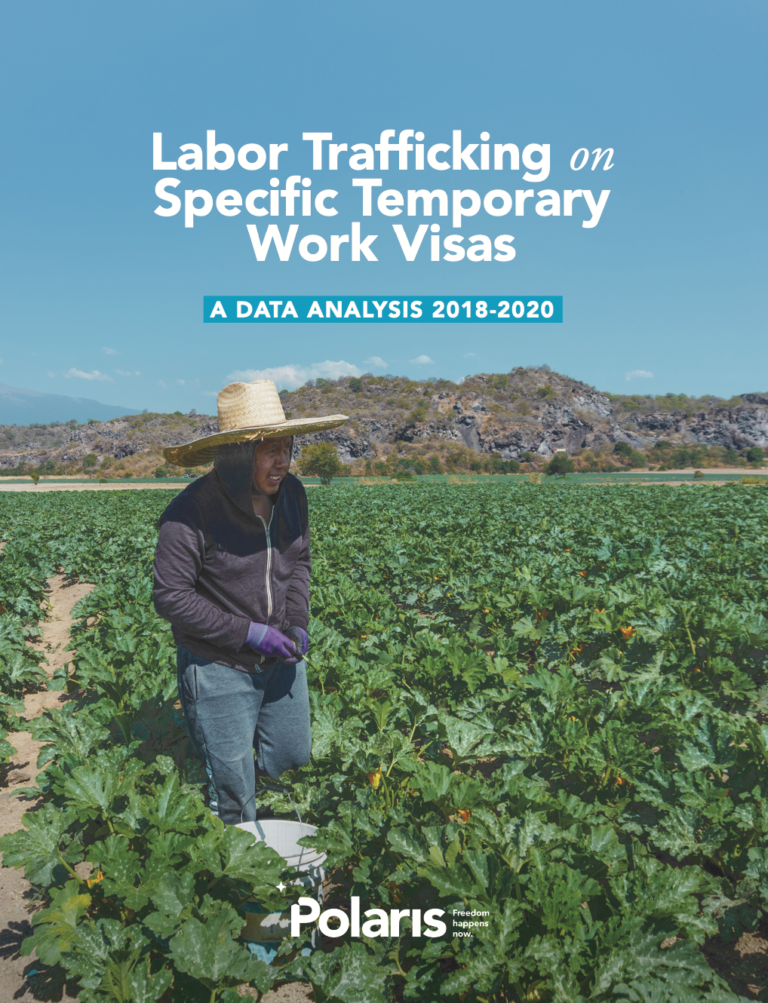Temporary work visas are intended to provide decent jobs to migrant workers while helping U.S. businesses meet their labor needs by filling mostly low-wage jobs that would otherwise sit vacant. Policymakers often refer to the migrants who come to this country as “guest workers.” But data from the National Human Trafficking Hotline shows that these guests — workers who have followed all the rules and laws and are expecting simply to earn a decent living and return home — are frequently exploited and even victimized by forced labor and other forms of trafficking. Indeed, exploitation, trafficking and abuse have become endemic to many of the visa categories.
Overall, more than half of the victims of labor trafficking reported to the Trafficking Hotline during this period whose immigration status was identified were foreign nationals holding legal visas of some kind, including temporary work visas. That is no way to treat a guest — let alone hundreds of thousands of them.
The Trafficking Hotline exists first and foremost to assist victims of human trafficking. This means people seeking help are only asked to provide information that will allow the Trafficking Hotline team to offer the best possible options for support. Data collection is secondary. As a result, information about a potential victim’s visa status is not always available. For the purposes of this report, Polaris analyzed data from the four major temporary visa programs heard about most frequently on the Trafficking Hotline. Several government agencies are involved in the issuance of these temporary work visas, including the U.S. Departments of Labor, State and Homeland Security. The complexity and opacity of the various programs makes it difficult to determine exactly how many guest workers are
in the United States on any given day. The Economic Policy Institute has estimated that in Fiscal Year 2019, more than two million temporary workers were employed, or 1.2 percent of the U.S. labor force.

